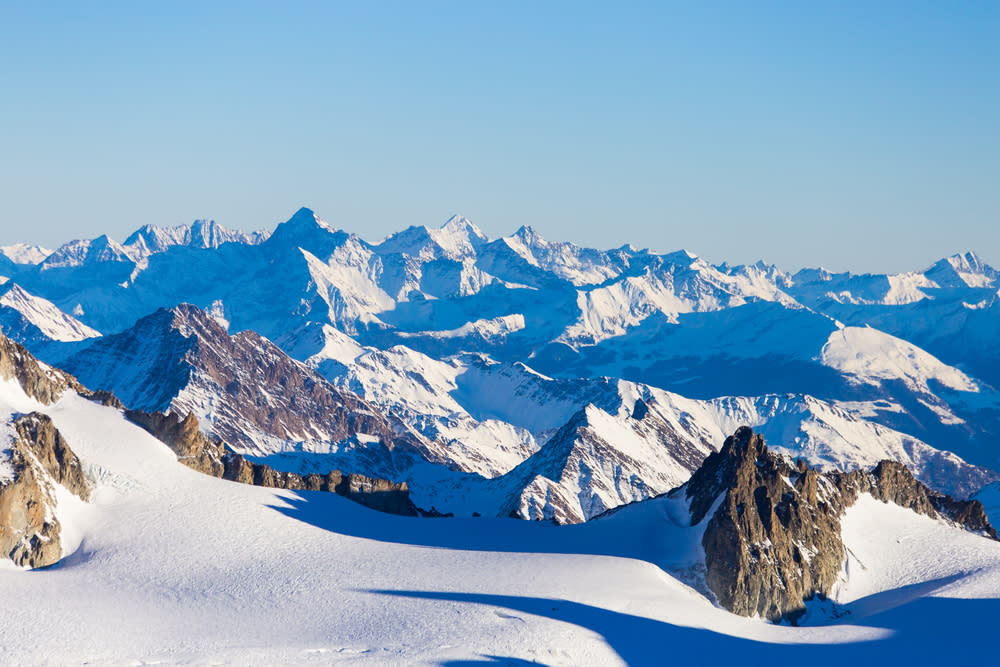More from Chamonix
Main Menu
- 00:00
- 06:00
- 12:00
- 18:00
- 23:00
Chamonix : Next 24-Hour Weather
Today - 10th April 2025
Sunrise 06:56
Sunset 20:13
Tomorrow - 11th April 2025
Sunrise 06:56
Sunset 20:13
Holiday Weather Now
Sorted by popularity:
Updated at 12:01 GMT
-
Temp feels like18°C65°F
-
Length of day13h 17m
-
Pressure30" (1021 hpa)
-
Visibility10 km (6miles)
-
Wind speed5 km/h
Sunrise 06:56
Sunset 20:13
-
Temp feels like:
18ºC (65 ºF)
-
Length of day:
13h 17m
-
Pressure:
30" (1021 hpa)
-
Visibility:
6 miles (10 km)
-
Wind speed:
5 km/h
In comparison to many other Alp locations; Chamonix; one of the French Alps most famous skiing resorts is situated at a much higher altitude, so very cold winters with plenty of snow can be expected and warm but sometimes wet summers usually take place.
Chamonixâs climate is usually quite humid with profound snowfall in the winter and intense rain at other times of the year. The region can experience a diversity of weather surroundings throughout any specified day, whatever the season, due to its own microclimate. Some days the weather may be ghastly in Chamonix, while the climate at adjacent ski resorts is bright and sunny.
Located at 1050m; variation in altitude is an important ingredient in influencing the weather and climate of Chamonix. Air temperature commonly declines by an average of 6.5°C per 500m of height gain, and as air is only heated by its contact with ground surface, strong winds have typically swept the air away in the height of the mountain before it has had time to warm up. This means that Chamonix can sometimes feel moderately warm, even in sub-zero temperatures.
The ski season commences in November throughout the Chamonix region and usually lasts through until April, as with many other French Alps ski resorts. Since Chamonix is located at such high altitude, it is practically assured lots of fine snow all the way through the season, but above all in February and early March. Temperatures drop well below zero degrees throughout this time, even though it doesnât tend to get as cold as those in the North American ski resorts.
Although rainfall is fairly high in Chamonix throughout the summer months; from July to September, the conditions up on the actual mountain can be gorgeous with plenty of sunshine, creating ideal conditions for hikers. However, the weather can take a turn for the worse at any time of year, so visitors shouldnât be shocked to be bathed in sunshine one minute and then overwhelmed by thunderstorms the next, even in July.
Chamonix is affected by an air mass that descends the mountain slope and is compressed and becomes a warm dry wind. The effect also known as the F¶hn winds is most conspicuous in spring when these winds can melt snow very rapidly. In addition to forming unsafe snow and skiing conditions and on occasions avalanches; they are also known to influence the relative sense and well-being of one.
The weather and climate of the French Alps tend to be very similar to that found in the Alps of Switzerland. Since Chamonix is located at such a high elevation and being one of the French Alps most popular ski resorts, this location is an ideal skiing vacation at any time of the year.

















